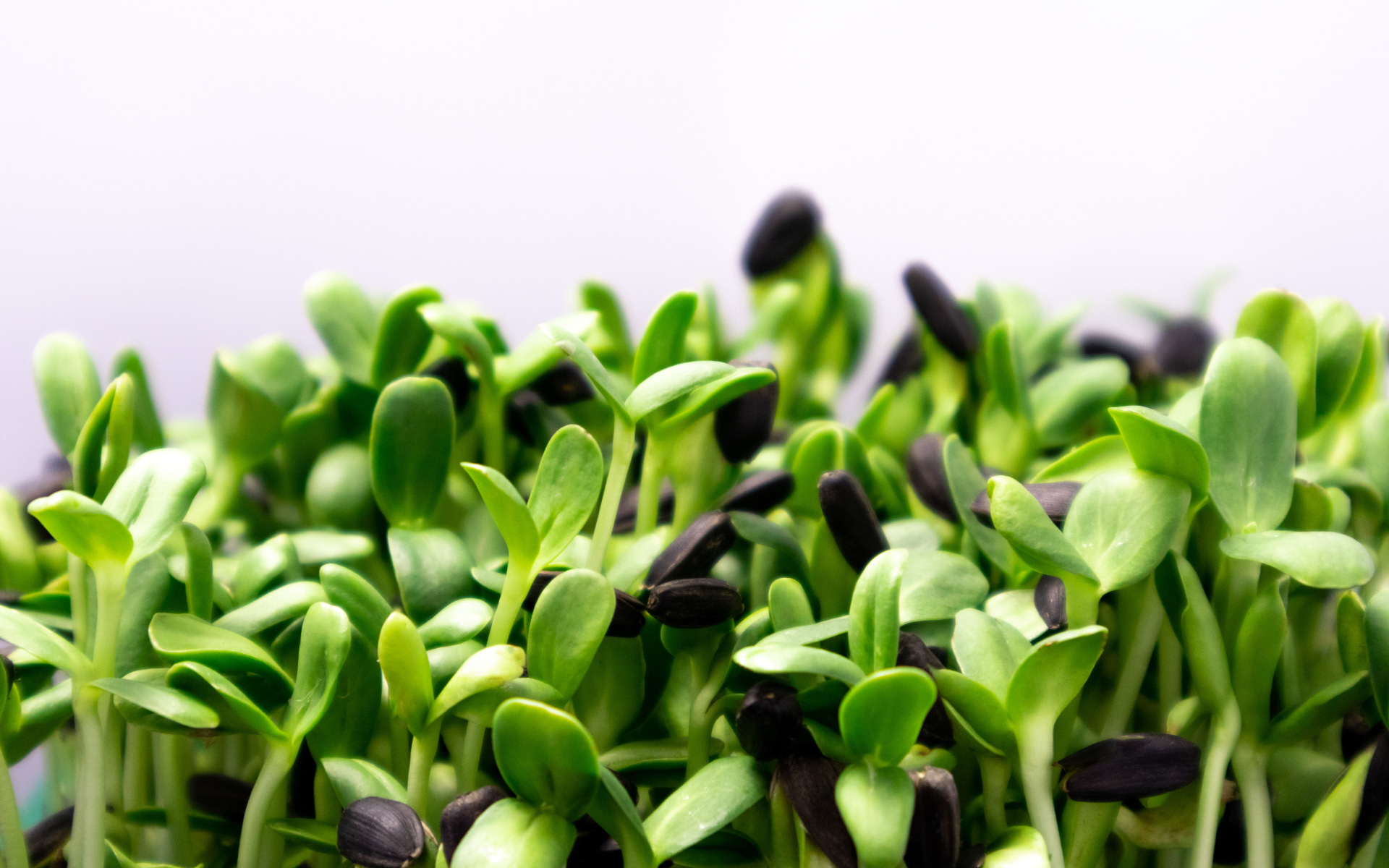This season´s C&R is with a big focus upon nutrients to support the detoxification organs. Those on the 3 week programme will have a supplement detoxification support which I suggest you use. One for the Liver/Gut and the other a daily support.
Daily support one with each meal (3 x day)
Liver and Gut – 1 or 2 per day, depending upon the quantity of sprouts, turmeric etc in your daily diet.
What Exactly Does the Liver Do?
Your liver is an internal factory that plays a key role in over 500 vital functions.
Just a handful of these vital functions includes
- Producing bile, which is essential for eliminating waste and breaking down fats during digestion
- Manufacturing proteins for your blood plasma
- Generating cholesterol and other specialized proteins that carry fatty acids throughout the body
- Converting glucose into glycogen to be stored as an energy source
- Regulating amino acid levels in your blood at any given time
- Processing hemoglobin to utilise stored iron
- Regulating the clotting and coagulation of blood
- Boosting immunity by producing essential immune factors and removing bacteria from your blood.
But one of the liver’s most critical functions is its role in detoxification. It can´t perform it’s jobs well if it’s not provided with the correct “fuel”.
The optimisation of effective biotransformation/detoxification for human health hinges on the availability of specific nutrients:
- Antioxidants: Nutrients like vitamins C and E, along with minerals such as selenium, act as powerful antioxidants. They shield cells from oxidative damage—a critical function, as oxidative stress can compromise biotransformation/detox and give rise to harmful reactive molecules.
- B Vitamins: B vitamins, including B2 (riboflavin), B3 (niacin), B6 (pyridoxine), B12 (cobalamin), and folic acid (folate), function as indispensable cofactors in various biotransformation reactions. They participate in processes like methylation(one detox pathway) and the conversion of homocysteine to methionine.
- Amino Acids: Amino acids, particularly cysteine and glycine, are fundamental in the synthesis of glutathione—a pivotal antioxidant and detoxifying molecule in the body.
- Phytonutrients: Found in fruits, vegetables, and herbs, phytonutrients like flavonoids, polyphenols, and glucosinolates enhance biotransformation by promoting the activity of enzymes integral to detoxification.
- Minerals: Essential minerals such as magnesium and zinc act as cofactors for enzymes involved in diverse biotransformation pathways.
- Phospholipids: Nutrients like phosphatidylcholine and choline are crucial components of cell membranes and lipoproteins. They play pivotal roles in the transport and metabolism of lipids (fats) and toxins.
- Sulphur-Containing Compounds: Sulphur-containing amino acids like cysteine and methionine are indispensable for glutathione synthesis—an antioxidant and detoxifier of paramount importance.
- Detoxifying Enzymes: Nutrients like quercetin and curcumin have the potential to bolster the activity of detoxifying enzymes, particularly in the liver.
- Fibre: Dietary fibres, or nondigestible carbohydrates, may support the body’s main detoxification organs, the liver and kidneys. The concept has given rise to terms such as the gut-liver axis and the gut-kidney axis. First, dietary fibre promotes healthy bowel movements and intestinal motility, thereby aiding in eliminating toxins from the body. Second, fibre may support detoxification through its systemic benefits in supporting healthy microbial environments, gut barrier function, healthy inflammatory and immune responses, and by potentially activating detoxifying enzymes in the liver, such as cytochrome P450 enzymes in phase I detoxification
If you are including good protein sources and plenty of vegetables and healthy fats, this will help with the inclusion of the nutrients mentioned. More on some of these foods over the next few days.
For easy to add sulphur compounds to any meal, you can use microgreens. Broccoli greens/sprouts are particularly rich in this nutrient. Simply throw onto any salad, soup, meal, even hummus and crackers.
Watch the presentation with Elsa for more tips on microgreens. If wish to order microgreens with Elsa, be sure to give her several days notice for orders.
